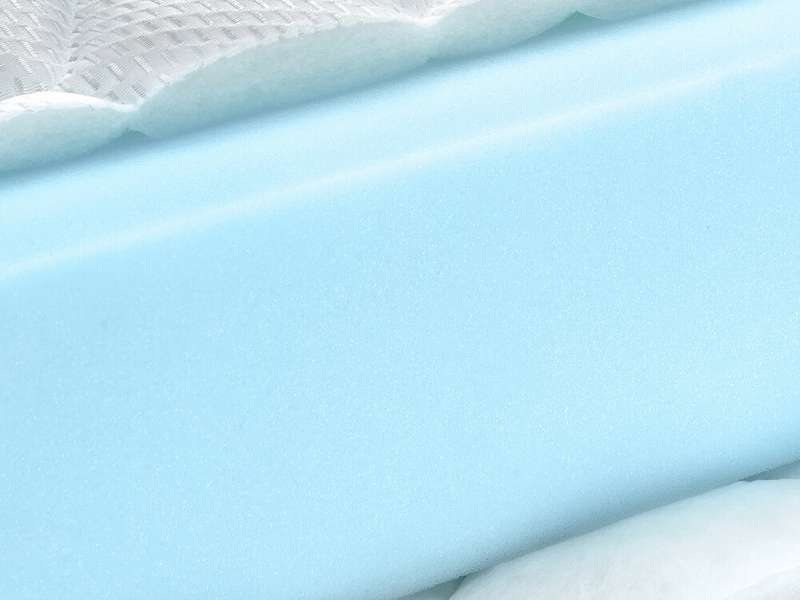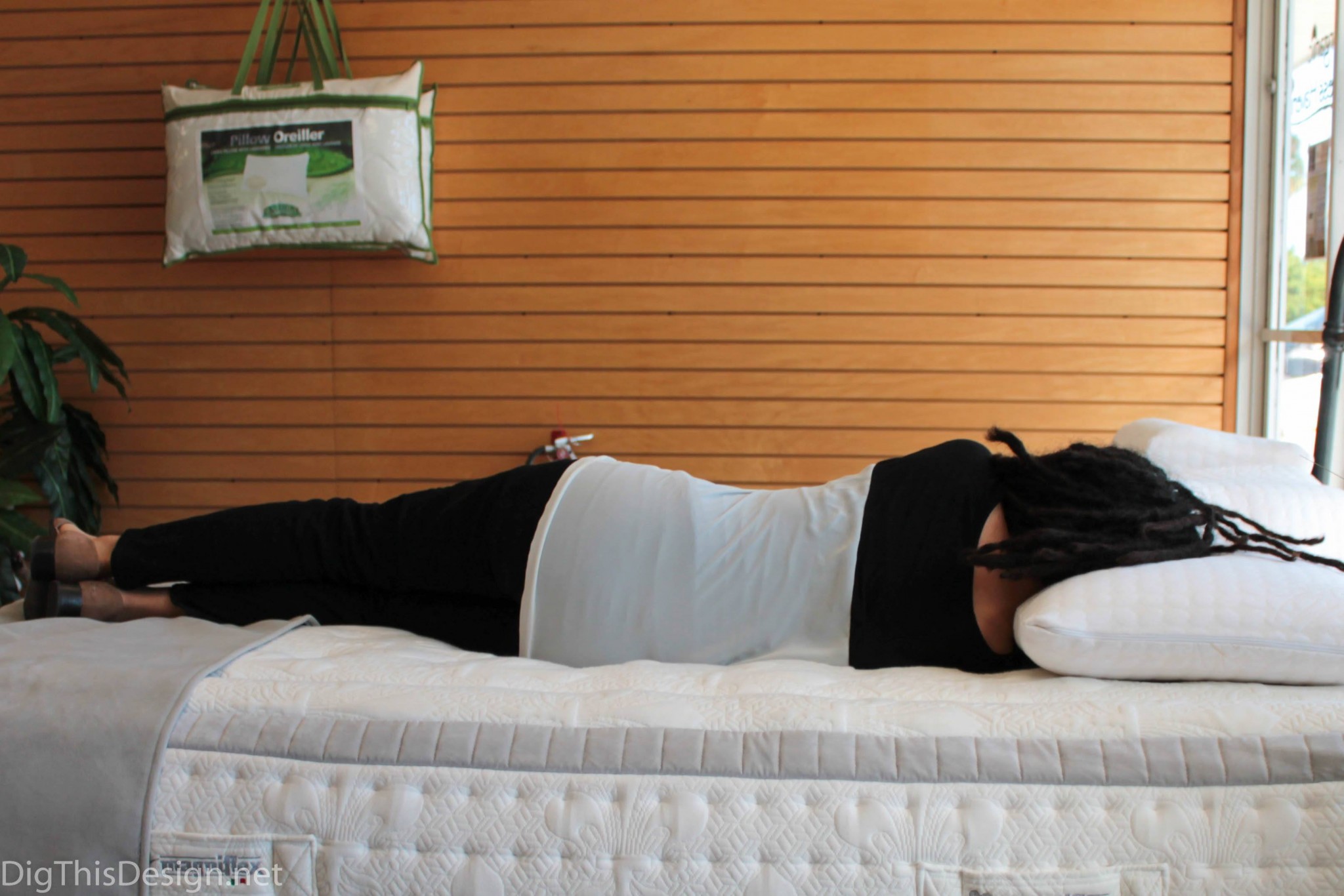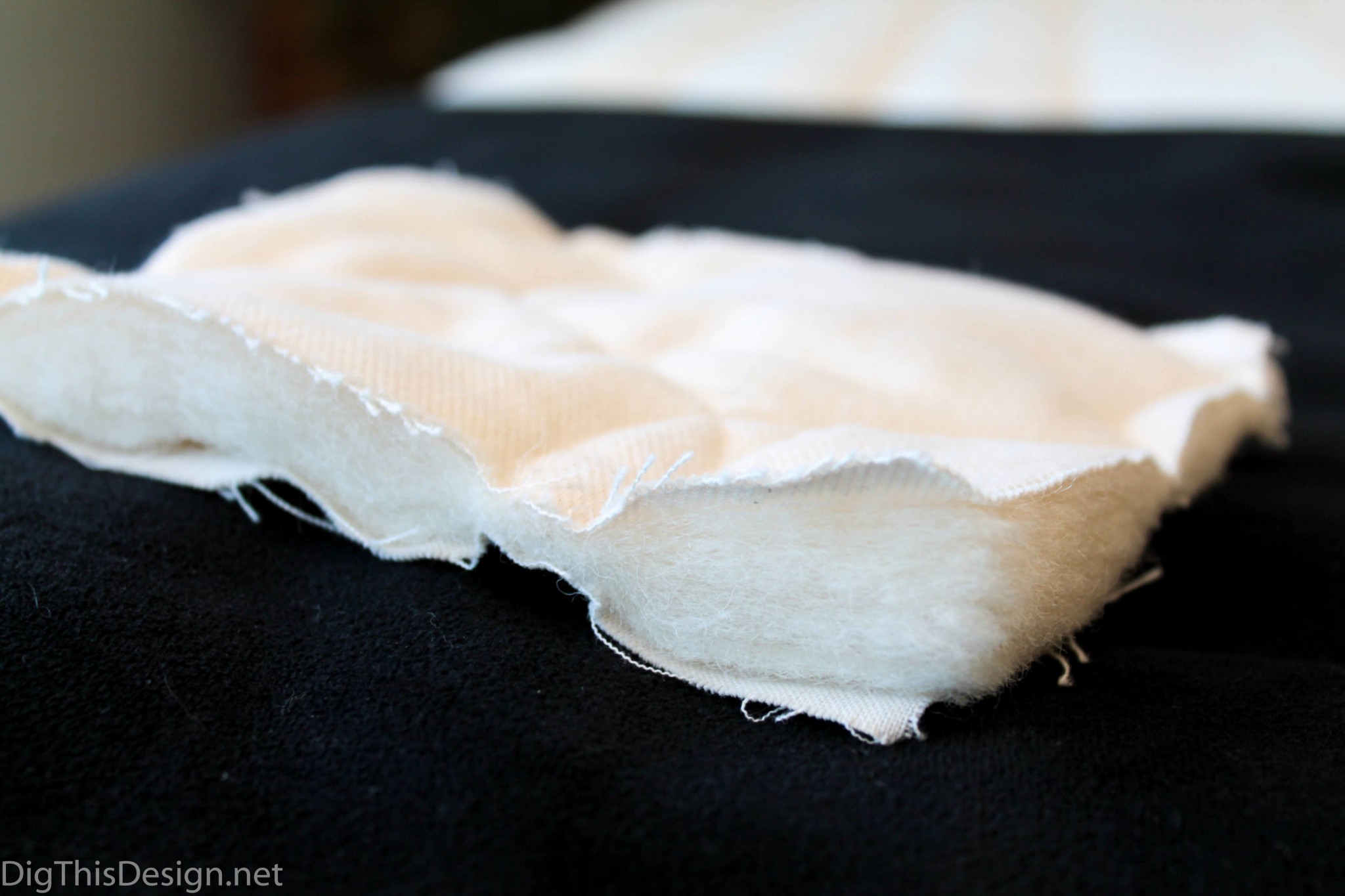Some people are huge fans of memory-foam mattresses while others aren’t so sure. One thing everyone has in common, however, is that they want to get a good night of sleep, especially if they are troubled by spotty shut-eye or even insomnia. Investigating the pros and cons of memory foam is a good place to start when seeking the right bed to slumber in.
Memory Foam Mattresses – Pros and Cons

What Memory Foam Is
If you’ve wondered what memory foam is, you’re not alone. This product is relatively new on the market and was originally created in the 1970s by NASA for airplane seats. The aerospace designers came up with this product in order to protect travelers from jarring impact. Memory foam:
- Molds to bodies
- Responds to pressure and heat
- Evenly distributes body weight
After its success in planes and spacecraft, memory foam was used to create other products, such as:
- Shoe cushions
- Helmet pads
- Medical prosthetics
- Seating pads for disabled individuals
- Mattress pads
- Pillows
- Mattresses
Pros of Memory Foam

There are plenty of benefits to memory-foam mattresses, especially according to fans who sleep on them. Some individuals report extremely sound sleep on memory foam, although sleep studies don’t always back up those claims. People usually judge sleep quality by wakefulness and comfort, while research studies monitor EEG parameters, and the findings can be different than sleepers’ perceptions. Still, there are multiple benefits of memory foam, such as:
- Sleeping on this type mattress can relieve pressure points and body pain.
- Body heat softens the memory foam, making it comfortable to lie down on.
- Back pain sufferers may be more comfortable on this type of surface.
- Movement during the night might be reduced, eliminating wakefulness, especially among the elderly.
- Partners’ movements are felt less on memory foam than on spring-filled mattresses, which can lead to sounder sleep for both people.
- Beds like sleep number allow you and your partner to set their firmness comfort.
Cons of Memory Foam
On the flip side of the coin, there are also detrimental factors with memory-foam beds. Some of the downsides include:
- In warmer weather, memory-foam mattresses could be uncomfortable due to their propensity to retain heat.
- New memory foam can have an unpleasant chemical smell, also known as off-gassing.
- Memory foam gets softer over time, which can be problematic if sleepers want a firm surface to slumber in.
- The conforming surfaces can make turning over or getting out of bed more challenging to accomplish.
- Memory-foam mattresses are not recommended for infants or young children because they lead to an increased risk of sudden infant death syndrome (SIDS).
- Chemicals used to fireproof these mattresses can lead to a slew of health ills, including cancer, infertility, brain damage, and reduced sperm quality.
Solutions to the Cons
Some of the downsides to memory foam mattresses seemed like they could be overcome with better design, to find a solution to these cons, we took a trip to Organic Mattress Haven. It turns out, although memory foam does retain heat, an outer layer made out of the right material can solve that. Silk, cotton, and linen have physical properties that provide breathability and help remove excess moisture. While fire retardants are mandatory and conjure up thoughts of chemicals and toxicity, an effective fire retardant can also be a layer of natural fibers.

What Sleep Studies Say
Researchers who study sleep say that memory-foam mattresses may enhance slumber in certain situations. Studies have found that:
- It depends on the individual.
- Whether the sleeper prefers soft, medium, or firm beds impacts memory-foam results for that person.
- It can be beneficial for couples when movement from one person disturbs the other.
- It doesn’t help with sleep apnea or breathing difficulties.
Whether memory-foam is the mattress for you will depend on your personal taste and multiple other factors. Do your research, check out a mattress buying guide, including trying out a model bed, and decide for yourself.





